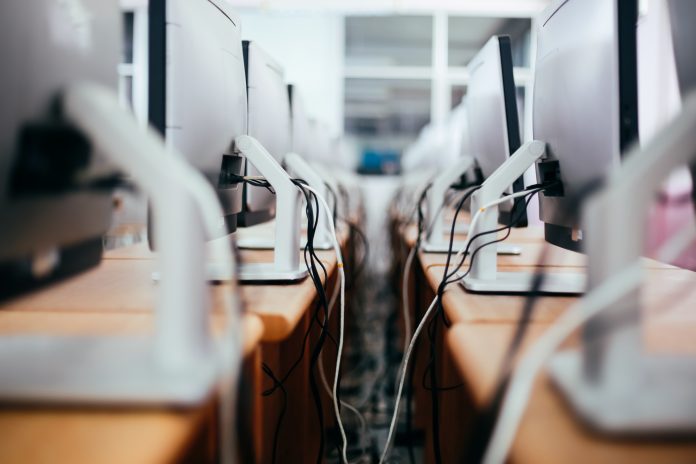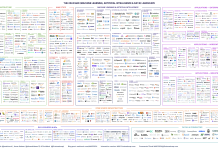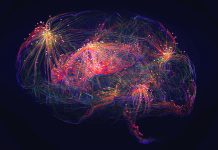With 782 million people joining the internet since 2019, what is being done to protect people while online – whether its remote working, learning or simply using social media?
The amount of people using the internet since 2019 has increased 17% with 782 million people estimated to have come online during that period.
While the internet has opened many doors over the last two years while ours have stayed closed due to the pandemic cyberbullying and digital violence have made it a hostile space for many, especially women. In Europe, 44% of children who were cyberbullied prior to COVID-19 reported that the abuse had increased during lockdown, according to the European Commission’s Joint Research Centre.
In 2018, it was reported that women and girls were 27 times more likely to be harassed online than men.
women and girls were 27 times more likely to be harassed online than men
The United Nations internet governance forum took place from 6 to 10th December.
It was able to bring together 10,000 online and in person innovators, big tech executives, young people, ministers and parliamentarians to spur efforts to build an open, secure and free digital future for all.
Takeaways from the Internet Governance Forum
IGF 2021 hosted over 300 sessions speaking to 10,000 participants from 175 countries, creating a unique environment for knowledge sharing and organising calls to action such as:
- Transparency, understandability and accountability of technologies, the businesses that develop them and the policy and regulatory processes that govern them
- Strengthened cooperation on cybersecurity, including on the implementation of existing norms for responsible behaviour in cyberspace, building capacity and raising awareness of existing instruments
- Shared principles for data governance, including collection, sharing and maintenance, in order to ensure trust in data, data flows across borders and data-enabled technologies and business models
The dark side of the internet
“The COVID-19 pandemic has highlighted the life-changing power of the Internet,” said United Nations Secretary-General António Guterres.
“Digital technology has saved lives by enabling millions of people to work, study and socialise safely online.”
However, with more people online than ever before – what is being done to protect them?
“The pandemic has magnified the digital divide and the dark side of technology: the lightning-fast spread of misinformation, the manipulation of people’s behaviour and more,” pointed out the Secretary General.
Over the course of the 5 days the IGF put forward ideas for measures to achieve economic inclusion and human rights protection online, universal access and meaningful connectivity.
Key topics explored legislative approaches for a user-centric digital space; privacy rights and legitimate uses of personal data; balancing freedom of speech and the fight against harmful content; automated decision-making and human-centric approaches.
European parliament member Assandra Basso stated the importance of regulating and controlling the future of AI technology and its potentially dangerous impact.
She said: “We must investigate and regulate AI as it may profoundly affect personal rights, in particular freedom of speech, through online social platforms. In the AI act currently in Parliament, we will identify areas where AI systems must be forbidden, for example, when they distort human behaviour or cause physical or psychological harm.”
The Internet Governance Forum pointed out the need for more robust rules and regulations on internet content and consumption. The only question left is, will online platforms and businesses listen?
Will online platforms and businesses listen?











